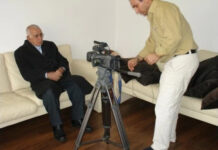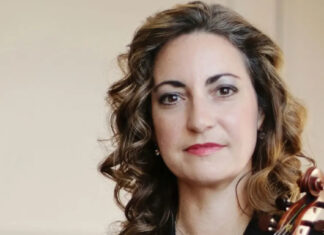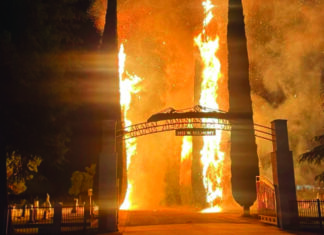By Alin K. Gregorian
Mirror-Spectator Staff
LEXINGTON, Mass. — Last week, the Massachusetts Board of Rabbis issued a statement in support of universal recognition of the Armenian Genocide, in commemoration of its centennial.
The statement is notable in its strength and feeling.
“The Massachusetts Board of Rabbis reaches out in solidarity and sorrow to Armenians everywhere on the one hundredth anniversary of the Armenian Genocide. We acknowledge the pain carried through generations of a people decimated, the psychic scars transmitted, the truncated branches of family trees yet to regenerate. We hear the echoes of pleading voices long stilled that called us to remember, to learn, to witness. We call for universal recognition of what happened on the plains of Anatolia, the 1915-1923 atrocities carried out by the Ottoman government. Only truth shall be surety for the timeless cry of ‘Never Again.’”
(The full statement will appear at the end of the article.)









